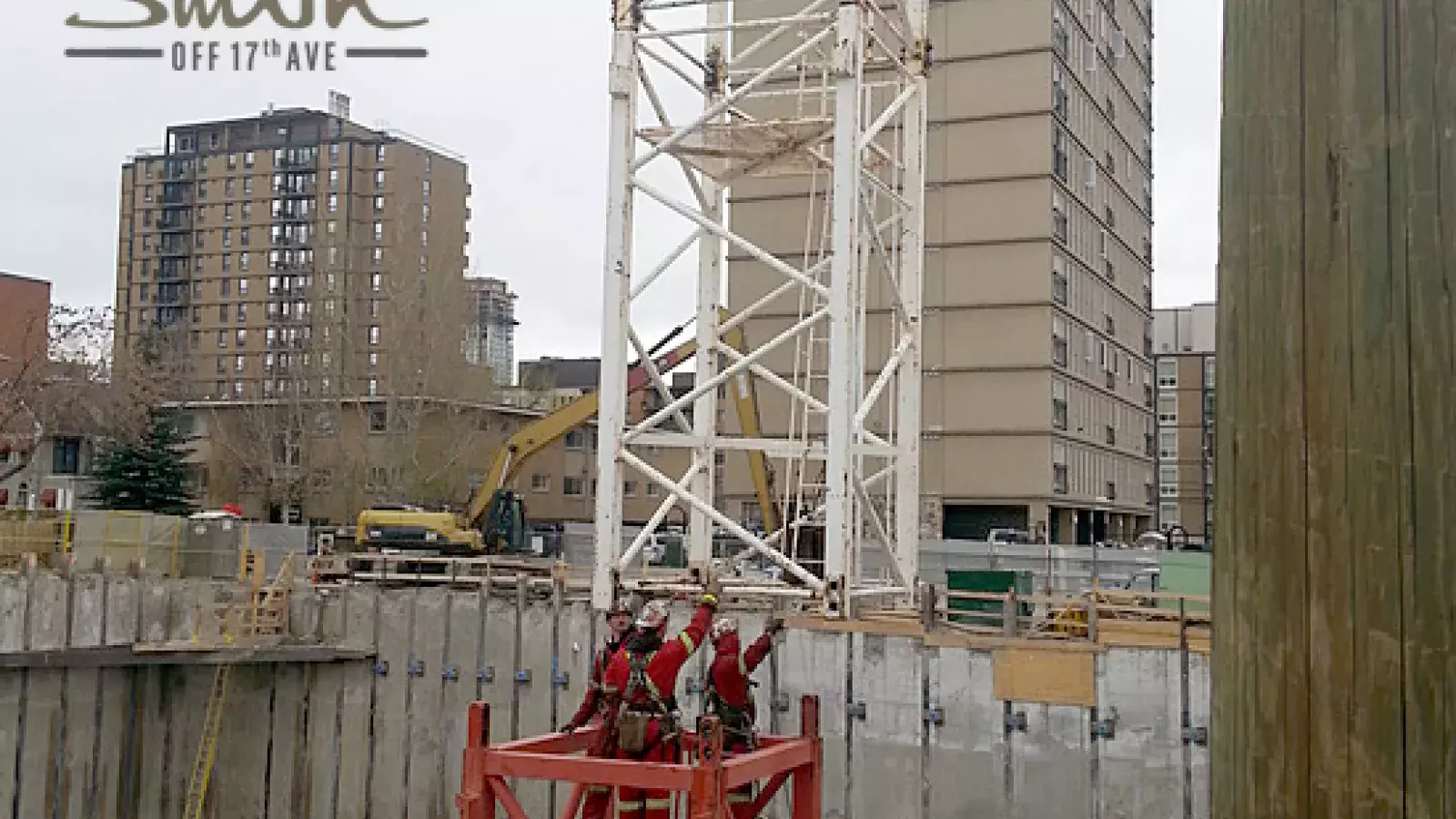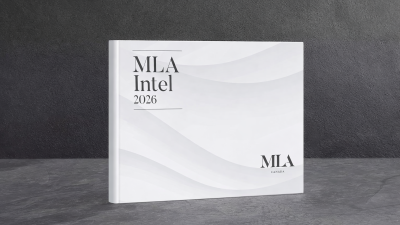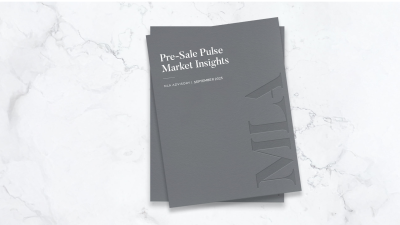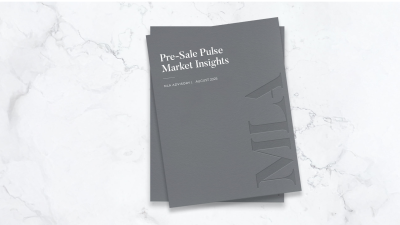So, you’ve decided it’s time to take the plunge and invest in a presale home. You like the fact that you’ll have better selection and can choose your colour scheme and options. Buying presale also provides you the opportunity to plan ahead, allowing you the time to budget, plan your move and sell your current home if necessary. But that was the easy part. Now what? As a Real Estate Sales and Marketing Firm, we often spend time educating people about the process.
Q. WHAT’S THE FIRST THING I SHOULD DO?
A. Get yourself pre-approved so that you know what you can afford. At all MAC projects, we have access to mobile mortgage representatives, often from larger financial institutions such as TD or RBC. These financial advisors assess your current ability to borrow money, often granting you a mortgage “pre-approval”.
Q. I AM REQUIRED TO PAY A DEPOSIT. WHAT IS STANDARD?
A. Most presale homes require a total deposit of 15-20% of the purchase price, paid out in stages. Developers are often subject to requirements from their banks which is why this deposit amount is needed or why they can’t be more flexible at times. Some developers offer limited opportunities to buy with 5% or 10% deposit, particularly if it is getting close to completion. The deposit is typically based on the purchase price before any upgrades or custom options. Some developers require 100% of these customization cost while others require only 30-50%. Make sure you review the deposit structure and timing of payments with your sales representative and/or realtor to understand your obligations and when deposit money is due.
Q. I’VE PURCHASED A HOME. WHEN SHOULD I ARRANGE FOR MY MORTGAGE?
A. I strongly recommend arranging your financing at the time you write a contract on your presale home. This allows you the opportunity to hold a mortgage rate based on today’s rate – even if you won’t start paying your mortgage for some time. By locking in at today's rate, you will protect yourself from climbing rates over the 2-3 years you may be waiting for your home to be built. In addition, you’ll have a good understanding of what your costs will be when you complete. Shop and compare what different banks will offer.
When making an important decision like buying a home, it’s a good idea to use multiple sources such as financial planners, mortgage brokers, lawyers who specialize in real estate, and people you respect and trust for information. The key is to ask a lot of questions so that you can feel confident in your decision. There’s no such thing as a bad question.



